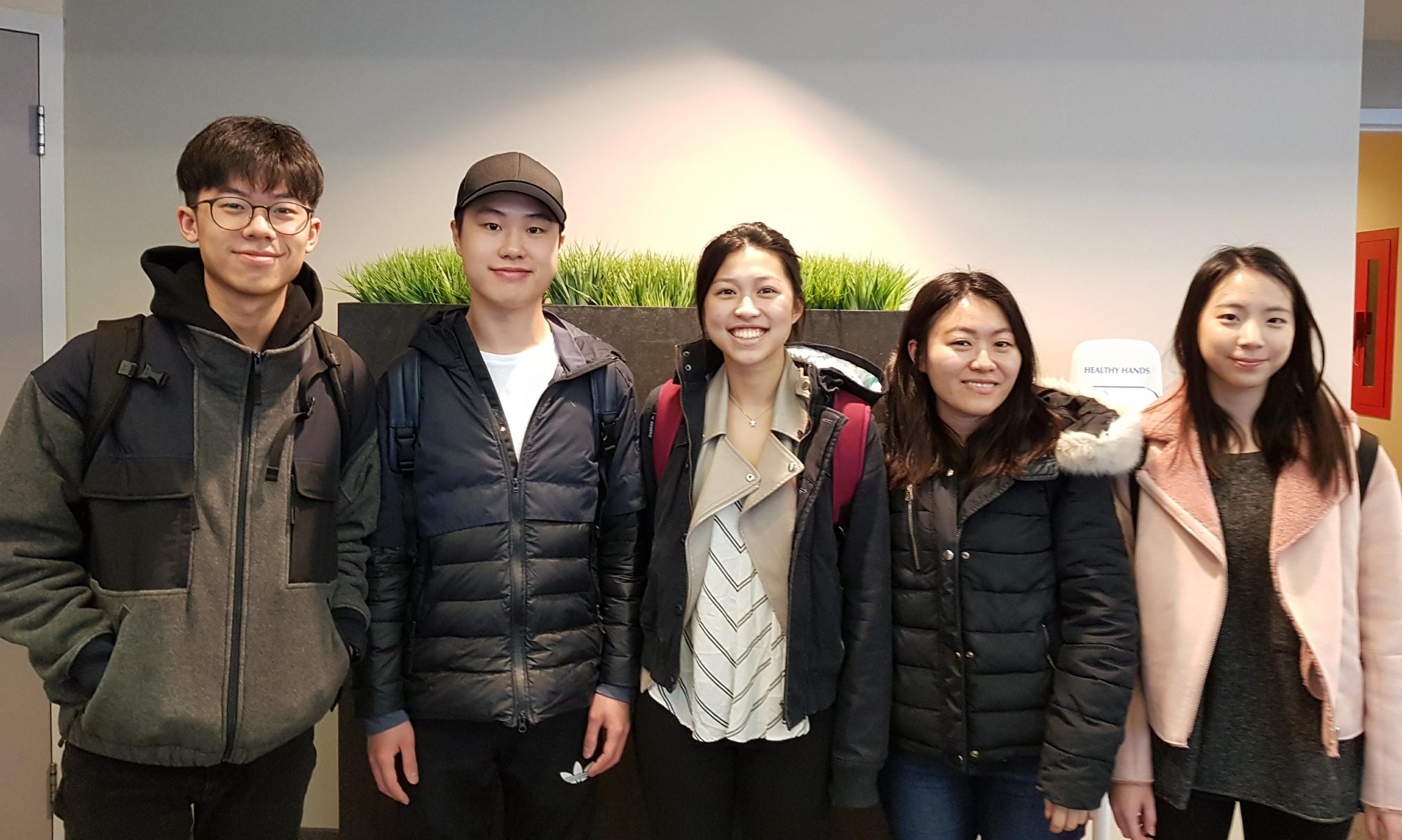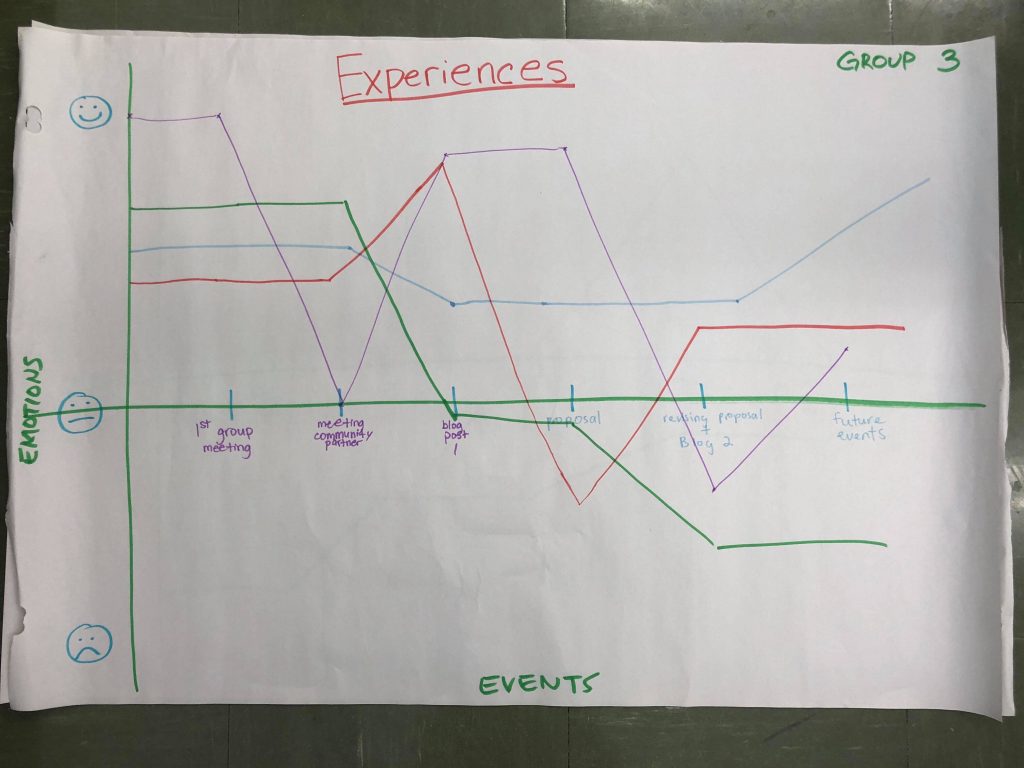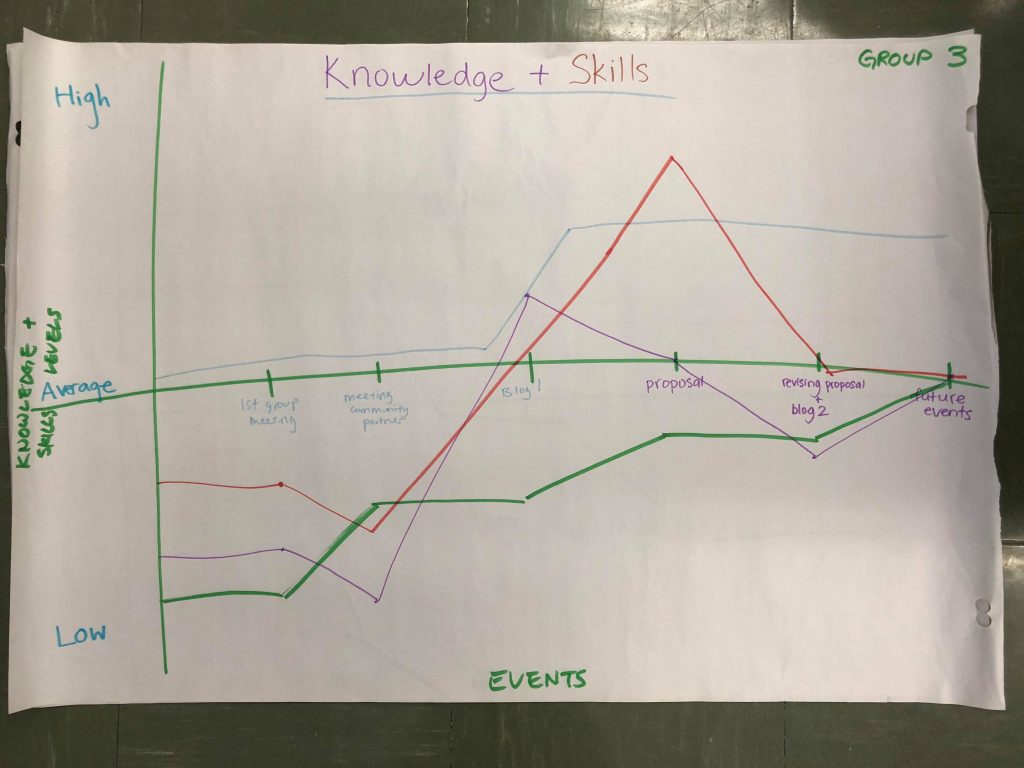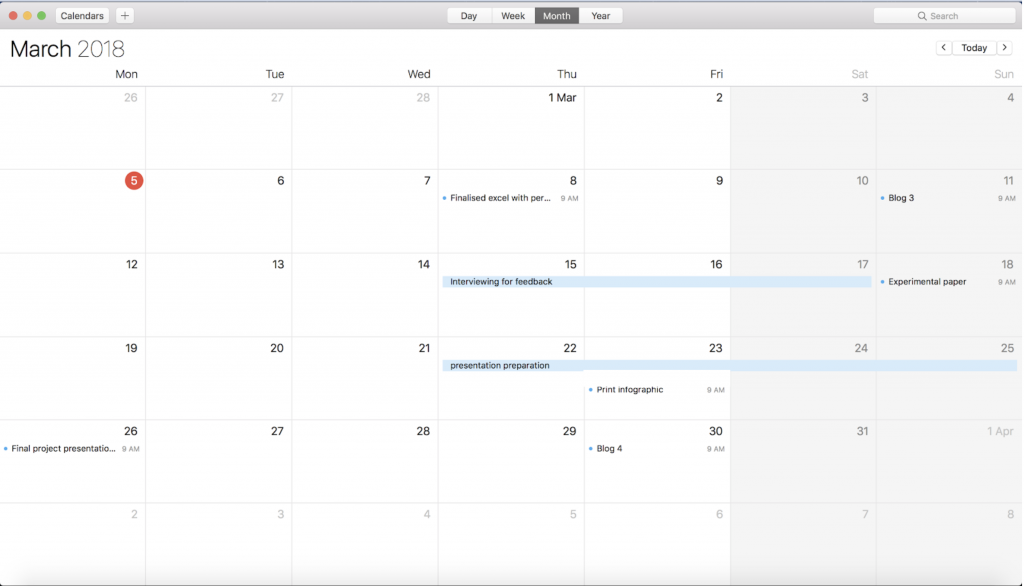Who knew that 3 months could fly by so fast! We are already on our fourth and final blog post. To wrap up our blog, we have taken a moment to reflect and share the different challenges that arose these last few months.
- What were the challenges we faced as a group?
Over the course of the 3 month project, we faced several barriers and obstacles we had not anticipated.
Facing the Unknown
We entered this project being uncertain what was to be expected of us. Being told to jump into the project without much experience in working with a community partner was daunting at first, especially knowing we were going to continue the works of previous LFS 350 students. We had little time to figure out our roles as members of this project, and forming a mutual understanding with each other so we can dive head first into the incoming timeline.
Workload and Timeline
Many of our group members were juggling multiple courses during our time together. Midterms and assignments stacked up with the demands of the almost weekly due dates, making our time management skills ever so crucial. To further add to the stresses, delays in communication with the community partners have not helped.
Communication
Communication between team members outside of physical meetings was a concern when we met the first time – the fear of a ghost member dropping off the radar. Another concern we envisioned was the silence that plague many group teamwork. Speaking out and stepping up during group meetings, as well as sharing the spotlight and allowing others to express their thoughts. Giving each group member an even share of ideas. Lastly, communication between the community member and ourselves. It has been a struggle getting ahold of the community partners for both permission to integrate their food programs, as well as for an interview. With some community partners not responding to their emails for days at a time, or even outright not responding, keeping up with our project schedule has been difficult.
-
- So what? How did we face the challenges?
In order to be able to complete our project successfully and still be able to enjoy the entire process, we knew we had to deal with the challenges one way or another.
- So what? How did we face the challenges?
Facing the Unknown: Trusting and supporting one another
Because all of the group members knew at least one other member before LFS350, there was a good level of comfort and trust that existed within the group from the very beginning. Having had to jump immediately into the project without any prior knowledge on the project itself and the past work done by the group from the previous term, we learned that we had to support each other on understanding what needed to be done. Furthermore, we had to trust each other that when one of us had an arising confusion or conflict, they would communicate it and allow the other members to support them. For example, when it was time for us to conduct our interviews, it was initially determined that we would go in either a pair or a trio. However, when one of us got stuck because of a last-minute time change in the interview by a community partner, other members provided support by changing their personal schedules and stepping in to help conduct the interview.
Workload and Timeline: Dividing up tasks and knowing when to be or not to be flexible
Juggling multiple courses, including LFS350, was not an easy task for any of the group members. As a group, we agreed that we would always divide up the tasks for assignments early on, so each of us could do our respective parts at our own pace. We set a firm deadline on when we would finish our respective parts by, so it would ensure that the editor in our group had enough time to edit the work sufficiently before the assignment deadline. We knew that some parts of our project needed firm deadlines, but other parts, such as scheduling interviews with the community partners, needed to be flexible. We made sure to complete as much work as we could before the week of conducting interviews. This allowed us to have multiple free interview time slots that the community partners could choose from during the week of conducting interviews.
Communication: Learning when to to reply promptly and when to wait patiently
From having worked on numerous group projects before, we understood the importance of communicating with each other in person and online in a prompt manner. Since everyone was active on Facebook, we made a group chat on Facebook messenger where we would frequently check and share information regarding our project. Throughout the course of the term, it was difficult to find time when the entire group was available to physically meet up and discuss our project progress out of class time, so we all agreed upon the use of group video call meetings during those weeks. Regardless of meeting up in person or online, since most of us knew each other before LFS350, we naturally discovered with time that we were all comfortable with speaking out, allowing each other to share their opinions, and reminding each other to complete certain tasks. We understood that our community partners are busy and it is not always realistic to expect prompt email replies from them. Therefore, we agreed that we would always be patient when waiting for their replies, and after a certain number of working days, we would send them a follow up.
- Now what?
Having the chance to reflect on the journey of our project, as well as the outcomes of our project, we realized that we learned a lot about ourselves, each other, and the community. Looking back at the three months we spent on the project, each of us developed a further sense of trust and level of comfort with each other. In addition to that, we were able to improve our collaboration, communication, and creativity skills. Helping to construct a food asset map was a new experience for each one of us and we hope that we were able to improve the Richmond Food Asset Map and the engagement of Richmond community members in their community.
We are extremely grateful that the dietitians at Vancouver Coastal Health were always more than willing to help us with the problems and questions we had all throughout the project. Passing off the Richmond Food Asset Map to next year’s group, we hope to have provided a good platform and base for them to work from because there are always more food assets emerging in Richmond. Since the Richmond Food Asset Map is still relatively new and developing, we also hope to see next year’s group spread more awareness of the map by conducting more interviews and getting feedback. If we were able to go back in time and change one thing about our project, we would want to have the opportunity to conduct more interviews because we believe this would be beneficial to further develop and spread awareness of the Richmond Food Asset Map.
With the final tasks for our group being to showcase our final infographic and complete our final group report, we hope to end on a positive note. We invite fellow classmates and members in the community to come see our 3 month journey and to learn more about the Richmond Food Asset Map by coming to our station at the sharing session! Thank you for following us on our journey. We hope you have enjoyed reading our blog posts as much as we have enjoyed working together as a group.
Signing off for the last time,
Tim, Michael, Emily, Selena, Licca



